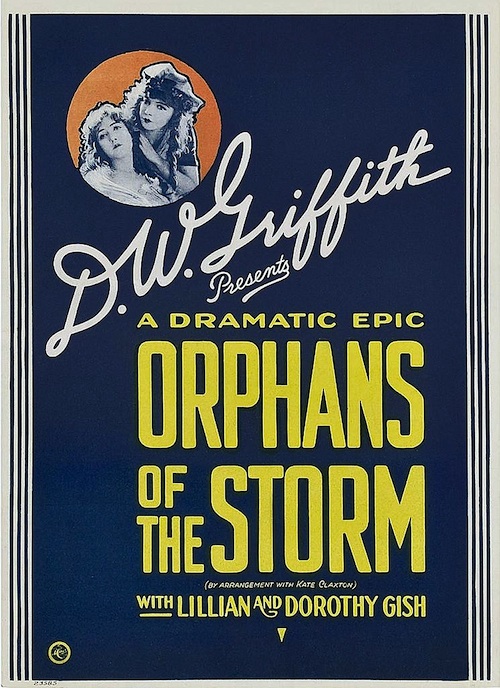A blog formerly known as Bookishness / By Charles Matthews
"Dazzled by so many and such marvelous inventions, the people of Macondo ... became indignant over the living images that the prosperous merchant Bruno Crespi projected in the theater with the lion-head ticket windows, for a character who had died and was buried in one film and for whose misfortune tears had been shed would reappear alive and transformed into an Arab in the next one. The audience, who had paid two cents apiece to share the difficulties of the actors, would not tolerate that outlandish fraud and they broke up the seats. The mayor, at the urging of Bruno Crespi, explained in a proclamation that the cinema was a machine of illusions that did not merit the emotional outbursts of the audience. With that discouraging explanation many ... decided not to return to the movies, considering that they already had too many troubles of their own to weep over the acted-out misfortunes of imaginary beings."--Gabriel García Márquez, One Hundred Years of Solitude
Search This Blog
Friday, August 26, 2016
Orphans of the Storm (D.W. Griffith, 1921)
Who knew that one of the chief causes of the French Revolution's Reign of Terror was "Bolshevism"? Or that Danton, who helped send Louis XVI to the guillotine, was "the Abraham Lincoln of France," as one of the title cards for Orphans of the Storm proclaims? D.W. Griffith's gift for pseudo-historical hokum stood him in good stead in making this often preposterous classic, but it worked even better for Lillian and Dorothy Gish, whose performances as the titular orphans are superb. I think Dorothy may give the better performance as Louise, the foundling who is left blind by the "plague" that killed her adoptive parents, but that may be because I've seen Lillian's winsome tricks more often than Dorothy's. Lillian certainly flings herself into the role of Henriette, who became Louise's sister after her parents took in the girl as an infant, and her caretaker after she became blind. The girls go to Paris in search of a cure for Louise's blindness, and there Henriette is abducted by a lecherous aristocrat but saved by the virtuous Chevalier de Vaudrey (a surprisingly handsome young Joseph Schildkraut). Separated from Henriette, Louise falls into the clutches of the conniving Mother Frochard (Lucille La Verne), who puts the blind girl to work begging on the streets. (La Verne sports a monstrous wen and a mustache, reminding us that she was the voice of the wicked queen and the witch in the 1937 Disney Snow White and the Seven Dwarfs.) And then comes the Revolution, in which Henriette almost loses her head to the guillotine, thanks to the evil Robespierre (Sidney Herbert), before being rescued by, of all people, Danton (Monte Blue). (An end title informs us that the Reign of Terror ceased when Robespierre was beheaded, but conveniently ignores the similar fate of Danton.) In the end, Henriette and de Vaudrey are to be married, and Louise not only regains her sight but also learns that she was the daughter of the Countess de Linieres (Katherine Emmet) from a previous marriage to a commoner that was suppressed by the countess's family. This delicious stuff, which Griffith's screenplay took from a play by Adolphe d'Ennery and Eugène Cormon along with liberal borrowings from Dumas, Dickens, and Victor Hugo, is kept furiously a-boil by Griffith's superb gift for pacing and cutting. He never lets the action flag, even for the necessary exposition.
